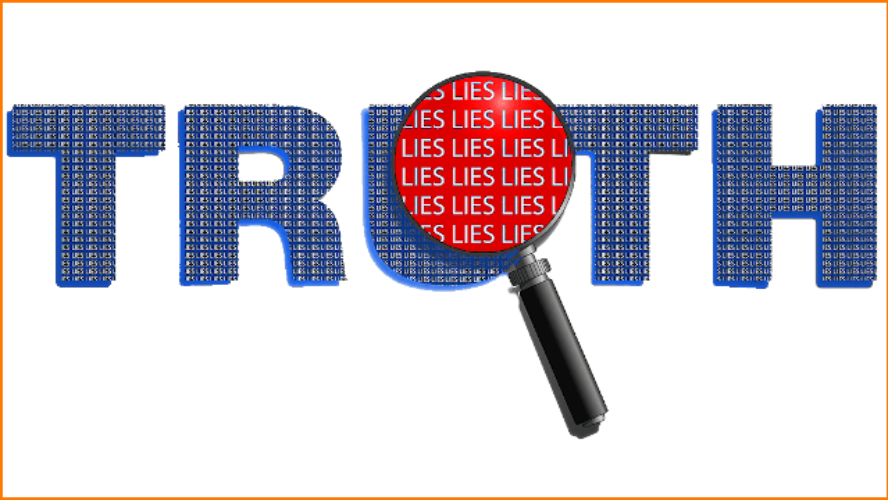Truth, Trust, and Deepfakes
Here is my perspective after several discussions and some side research:
- The general case is nearly impossible, but specific use cases can be solved provably or to a certain degree probability.
- Assigning identity, and gathering witness signatures end up being statistical. So I’d say those are the two most challenging items.
-
Identity for people vs. physical things vs. digital things have different trade offs. Speed, scale, transparency, scope of actions, etc. are different.
-
Keys and signatures usually require at least one point where trust is necessary (preferable in hardware) but cannot mathematically be 100% in the general case.
-
One can look at it as
-
Authority
-
Authenticity
-
Provenance
-
Validity
-
-
The 1st three lead to
-
Signatures, which can be cracked or lost or stolen
-
Modifications of content, which can happen subsequent to creation
-
One way to solve the above is via
-
Irreversible integrity, using Time Stamps
-
-
So
-
-
-
Signatures are irreversible, and
-
Content is irreversibly linked to source and signature
- Blockchain is suitable for this kind of use case
-
-
-
The 4th one, validity, is a harder problem since verification can be subjective.
-
One way to solve that is to require additional signatures from witnesses, again time-stamped and within a time-window at the point of inception.
-
This requires incentives to solicit and receive additional signatures plus transparency about where those signatures are coming from.
-
The statistical nature of this makes it a sliding scale, even under perfect circumstances where witnesses have no conflict of interest/aren’t bought off, etc.
Needless to say, battling digital mistrust and deepfakes is already a very significant problem. As I like to say, trust is expensive, cherish it if you have it!
Shahin is a technology analyst and an active CxO, board member, and advisor. He serves on the board of directors of Wizmo (SaaS) and Massively Parallel Technologies (code modernization) and is an advisor to CollabWorks (future of work). He is co-host of the @HPCpodcast, Mktg_Podcast, and OrionX Download podcast.

